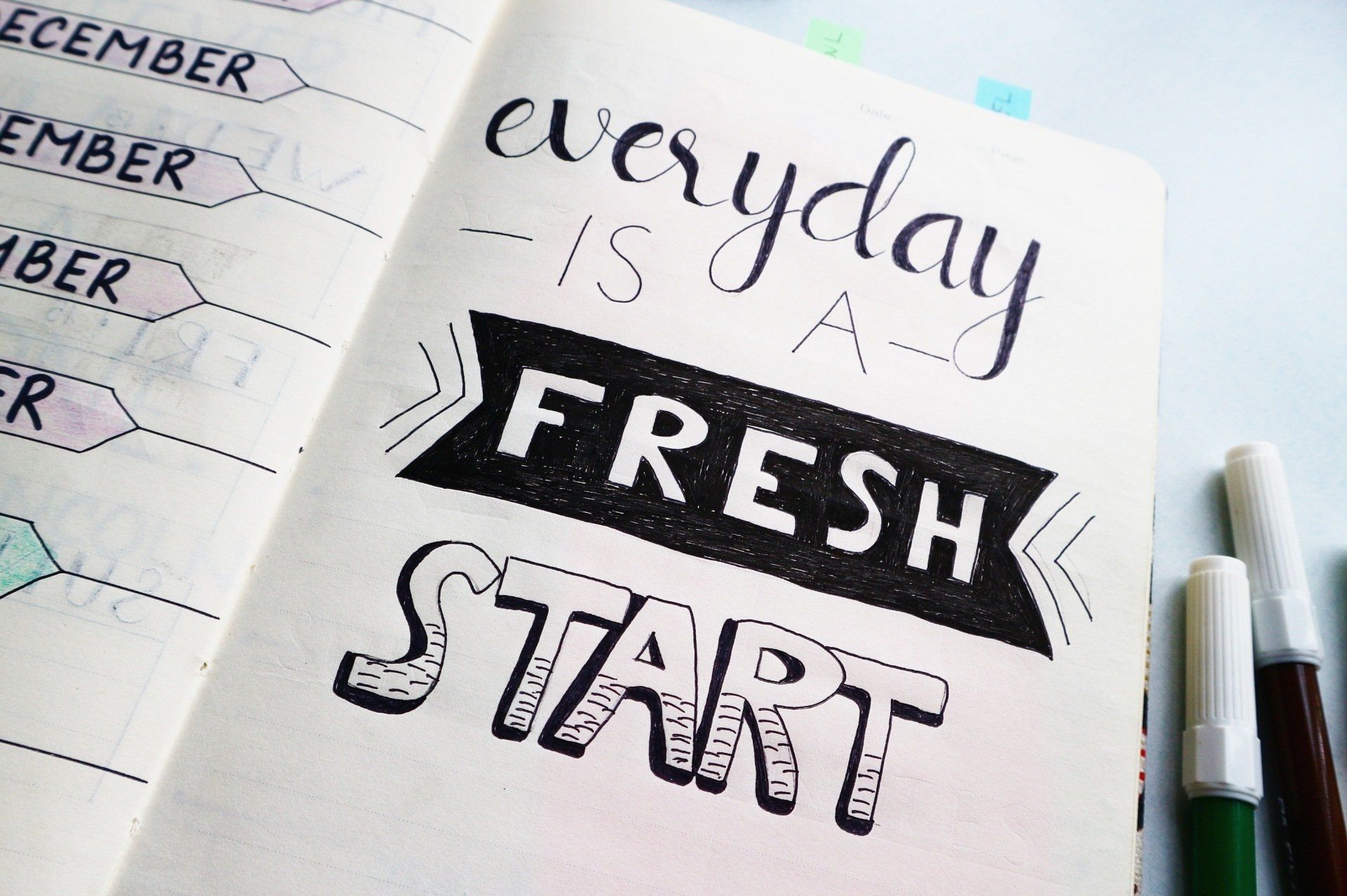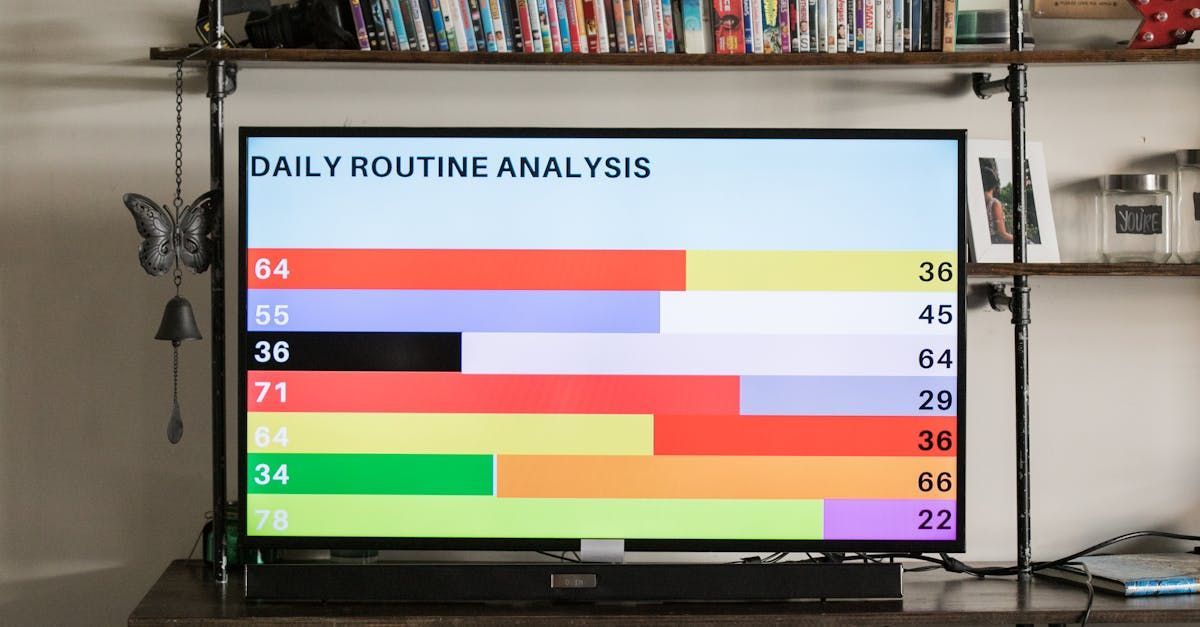Zooming In: Why Multitasking in Virtual Meetings is a No-Go
The Hidden Costs of Multitasking and How to Break the Habit

It's a familiar situation: you're in a virtual meeting, and while one ear is tuned to the conversation and your hands are busy typing an email or working on a project. But is this really as effective as it feels? As remote work becomes the norm, multitasking has become a common practice. While this may seem efficient, it often undermines productivity, reduces work quality, and increases stress, even when the meeting content doesn't seem directly relevant to your role.
The Illusion of Efficiency
Many of us multitask during virtual meetings to maximize our time and handle multiple responsibilities. You might think you’re being efficient by responding to emails or working on a project while attending a meeting. However, true multitasking is a myth. Our brains are not wired to focus on multiple complex tasks simultaneously. Instead, we end up switching rapidly between tasks, which reduces our overall efficiency.
Understanding Cognitive Load: Our brains have a limited capacity for processing information at any given time, a concept known as cognitive load. When we try to multitask, especially with complex tasks, our cognitive load increases significantly. Instead of processing tasks simultaneously, our brains rapidly switch focus from one task to another. This constant switching, often referred to as "task-switching," requires additional mental effort, leading to reduced efficiency and higher chances of errors.
Imagine you're in a meeting where your team is discussing project updates while you're also trying to draft an important email. The constant switching of attention can lead to errors and oversights in both tasks. Studies show that multitasking can reduce productivity by up to 40% and significantly increase the time it takes to complete each task.
Multitasking When Content Seems Irrelevant
It's tempting to multitask when the meeting content doesn’t directly pertain to your job. Perhaps another team is presenting information that seems unrelated to your responsibilities. You might think it's a perfect opportunity to catch up on other work. However, staying engaged even in seemingly irrelevant meetings can be beneficial. You may catch unexpected relevant information, contribute valuable input, and demonstrate team support and cohesion.
Additionally, dividing your attention can still lead to increased stress and reduced quality of concurrent tasks. Even if the meeting seems less critical, half-listening while working on other tasks can result in missing important details, leading to more work down the line to correct misunderstandings or errors.
The Impact on Meeting Engagement
Multitasking affects your ability to actively listen and participate in meetings. When your attention is split, you are more likely to miss key points and contribute less effectively to discussions. This can negatively impact communication and collaboration with your team.
For example, consider a scenario where a critical decision is being discussed, and your input is needed. If you’re distracted by other tasks, you might miss the nuances of the discussion, leading to misinterpretations or poorly informed decisions.
The Quality of Concurrent Tasks
The quality of your work suffers when you try to multitask. Research indicates that multitasking increases error rates and decreases efficiency. If you’re drafting a report while attending a meeting, the likelihood of making mistakes in the report is higher. These errors can take more time to fix, negating any perceived time savings from multitasking.
Stress and Mental Fatigue
Multitasking during meetings increases cognitive load and stress. Constantly switching between tasks is mentally exhausting and can lead to burnout over time. Recognizing the signs of multitasking-induced stress and fatigue, such as feeling overwhelmed, easily frustrated, or mentally drained, is crucial for maintaining your well-being.
Strategies for Effective Meeting Participation
To maximize productivity and reduce stress, focus on staying fully engaged during meetings. Here are some tips:
- Set specific times for checking emails and working on projects outside of meetings. This helps you stay focused on one task at a time.
- Use note-taking apps to capture key points without distraction. This ensures you don’t miss important information.
- Mute notifications to minimize interruptions during meetings. This helps you maintain focus and participate actively.
While multitasking during virtual meetings might seem like a time-saving strategy, it often reduces productivity, lowers work quality, and increases stress. Even when the meeting content seems irrelevant, staying engaged can yield unexpected benefits. By focusing on one task at a time and adopting effective meeting strategies, you can enhance your productivity and well-being.
Give it a try at your next virtual meeting—resist the urge to multitask and see how much more you can absorb and contribute. You'll likely find that you're more engaged, less stressed, and produce higher quality work. Share your experiences with multitasking during virtual meetings in the comments section below. For more tips on improving work habits and overall well-being, subscribe to our blog. Stay tuned for our next topic on productivity and work-life balance!
By staying fully present in each task, you can achieve better results and a healthier work-life balance.










